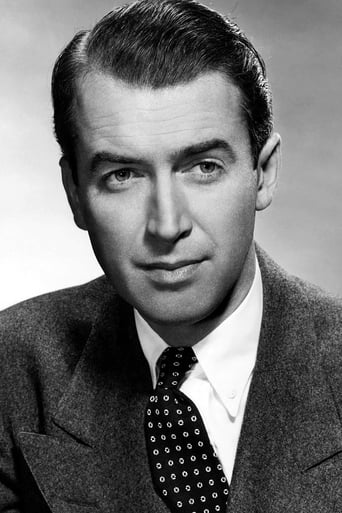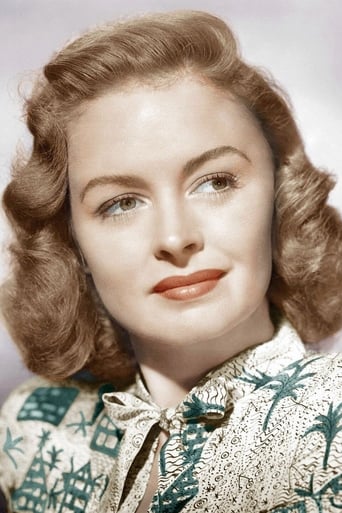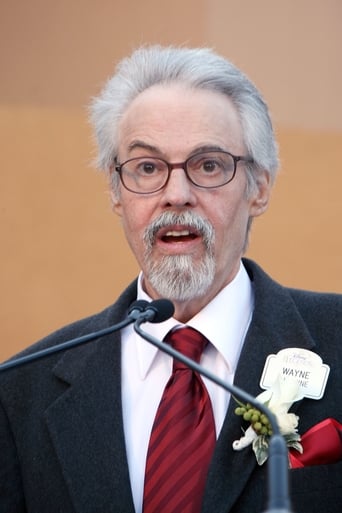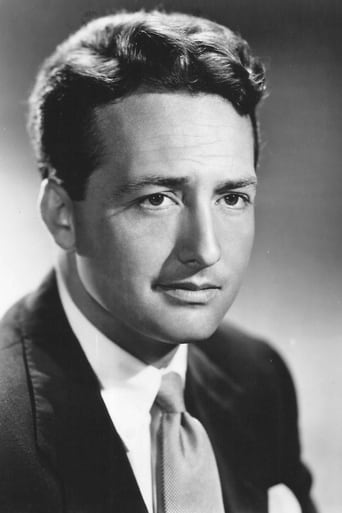ThiefHott
Too much of everything
Wordiezett
So much average
Allison Davies
The film never slows down or bores, plunging from one harrowing sequence to the next.
Frances Chung
Through painfully honest and emotional moments, the movie becomes irresistibly relatable
Beam Me Up
I watch this DVD every December. It's a great reminder of how late December was a time of celebration long before the rise of Christianity, with the focus being the Winter Solstice. The show provides an excellent history of the evolution of the holiday symbols, including the Christmas tree and Santa Claus. It also shows how the levels of celebration have changed over the centuries. At one time, Christmas was more like Mardi Gras. The English Puritans didn't like that, so they banned Christmas (party poopers). Today, Christmas is more of a time to be with family and friends.The show pointed out that early Christians co-opted the Winter Solstice celebrations to try and convert the pagans to their religion. The bible provides no indication on the time of year Jesus was born. But if "shepherds were in the field keeping watch over their flocks by night," it probably wasn't in dead of winter.One detail I would add to the show is that the Winter Solstice, a natural event, was celebrated in many parts of the world, including the Americas, India and China as well as in Europe and the Mediterranean world.Christians are free to keep their savior in their holiday celebrations. But atheists like myself can watch this show and be reminded that there's more to enjoy around the holiday season that the birth of a myth.
Christmas-Reviewer
BEWARE OF FALSE REVIEWS & REVIEWERS. SOME REVIEWERS HAVE ONLY ONE REVIEW TO THEIR NAME. NOW WHEN ITS A POSITIVE REVIEW THAT TELLS ME THEY WERE INVOLVED WITH THE MOVIE. IF ITS A NEGATIVE REVIEW THEN THEY MIGHT HAVE A GRUDGE AGAINST THE FILM . NOW I HAVE REVIEWED OVER 300 HOLIDAY FILMS. I HAVE NO AGENDA.Every December 25 Christians throughout the world join together in celebration of Christ's birth. But where do these various Christmas traditions come from? Why for instance is the holiday marked by the giving and receiving of gifts? And who came up with the idea of a Christmas tree? In this special presentation from THE HISTORY CHANNEL-® take an enchanting journey through the past of one of the world's most recognized holidays. Trace the emergence of the modern- day Christmas celebration from pagan festivals such as the Roman Saturnalia and learn how British settlers in the New World transformed the patron saint of children into the enduring figure of Santa Claus. These fascinating mysteries-and many more-are revealed in Christmas UNWRAPPED: THE HISTORY OF ChristmasWhen it airs make sure to watch. It does a great job of telling the audience how Christmas traditions started and evolved.
harry-76
For those who appreciate researching topics for their historical value according to facts, this documentary on the history of Christmas is rich in its content. It traces what's now known as Christmas from a "B.C. season" of pagan holiday ritual to its adaptation for the current annual celebration of the birth of Jesus. Its early origins of secular festivals of bawdy carousings are clearly brought out. Long before the first century European cultures sought to take breaks in midwinter before the (Gregorian) calendar new year began. After working hard it was a relief to join in carnival activities of drink, dance and sensuality. Rich and poor were depicted here as reversing roles for this period, and it all seems more like a mardi gras, full of frolic and games. As centuries came to pass and new religion(s) came into being, the church sought to downplay the festival atmosphere. It became a case of if it couldn't "beat them" (have street and tavern shenanigans abolished) then it would "join them." This resulted in more dignified activities, and later it was decided to incorporate into the period the birth of Jesus.
This outstanding documentary shown on the History Channel this [2003-04] season was actually made six years earlier. Harry Smith is the narrator, and both clergy and nonclergy serve as commentators. Interesting is the strong effect of Clement Moore's poem ("A Night Before Christmas") and Charles Dickens' short story ("A Christmas Carol") in helping to define what's now known as Christmas. It also considers the evolution of extra-church rituals of the evergreen; poinsettia; the round, plump elf known as St. Nicolas; and commercial aspects surrounding the season. The documentary is straight forward and objective, clearly presenting the historical development of this now worldwide phenomenon. Even though historians believe scriptural descriptions tend to suggest a calendar season in which Jesus was probably not born, the spirit of the celebration remains. Its calendar placement appears rooted upon ancient rituals honoring the winter solstice.Pragmatically, the narrator states that there's something so pleasant about receiving a package beautifully wrapped and address to us--and the anticipation of opening that surprise, to reveal something we wanted--that's like no other experience. Likewise, the joy experienced by our children plays a large part in strong adult participation in and embracing of these traditions. (Some folks seem to love it so much that holiday decorations go up the day after Thanksgiving and remain way past the New Year.)Regardless of its mythological natures, Christmas is something probably 98% of the world's people are bound to experience in some form. Even the most cynical can't deny the beauty of colored lights, ornaments, delightful decorations and music as a pleasant and rewarding break from the normal work routine in midwinter. It's something that seems to uniquely tie us to our "B.C. ancestors" and reaffirm that what goes around eventually does come around.





